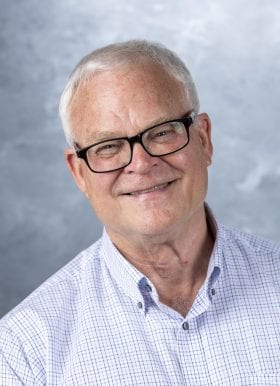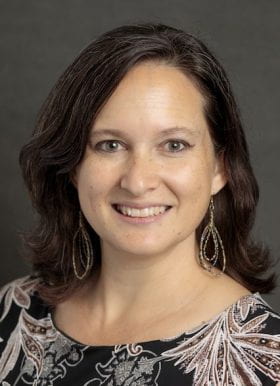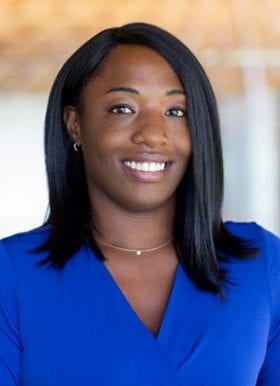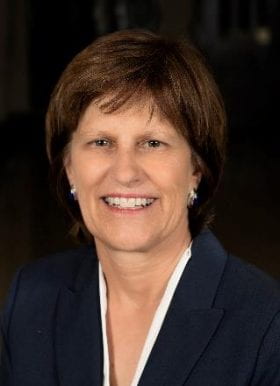Environment and Social Development

Global environmental changes—such as pollution, climate change, biodiversity loss, and freshwater decline—affect people worldwide, with impacts that are not just physical, but also social and economic. These changes affect family and community stability, social relationships, health, and sometimes survival. Consequences of global environmental change range from minor inconvenience to illness, injury, and death. Common effects are food and water insecurity, the incidence and worsening of physical health conditions, mental distress and emotional health problems, family separation, social network loss, housing damage, unemployment, income disruption, and asset depletion.
Environmental change is also a social justice issue. Consequences typically are worse for some groups than for others. People with less social, economic, and political advantage are more likely to experience negative effects from pollution, resource shortages, severe weather incidents, and other environmental problems.
Through innovative applied research, the Environment and Social Development initiative at the Center for Social Development examines social vulnerability to environmental change and strategies for mitigation and adaptation.
Mitigation is prevention or significant reduction of the environmental change itself. Adaptation is increased capacity of people to cope with changes that are already in motion or expected in the future. CSD emphasizes mitigation and adaptation through formal programs and policies designed to prevent environmental change, reduce social vulnerability, and increase resilience to environmental hazards. To pursue these programs and policies we emphasize social action—the mobilization of people in organized, collective efforts to question the status quo and advance policy change—grounded in empirical research and evidence-based solutions.
Through this work, the Environment and Social Development initiative aims to contribute to a more environmentally sustainable world, in which all people have equitable and optimal opportunities to live full, healthy, and productive lives.
Listen to or view transcript of an explanation by Dr. Lisa Reyes Mason (inSocialWork podcast episode 262, University of Buffalo)
Principal Investigators

Michael Sherraden
CSD Founding Director,
George Warren Brown Distinguished University Professor
- Email: sherrad@nospam.wustl.edu


Christine Ekenga
CSD Faculty Director; Emory University
Environment and Social Development
- Email: cekenga@nospam.emory.edu
Contact

Lissa Johnson
CSD Associate Director; Director of Administration and Research;
Co-Director Financial Capability and Asset Building
- Email: ejohnson@nospam.wustl.edu